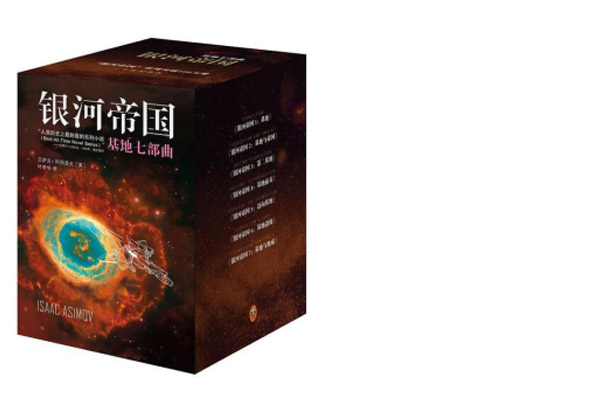by  JOJO
JOJO

If human beings develop a discipline that can predict the future direction on the human level as a whole, would you want to know the future of mankind?
Isaac Asimov, a biochemist and sci-fi writer, one of the world's three sci-fi giants, the famous "Three Laws of Robots" was proposed by him and is now the cornerstone of modern robotics.
The base seven is a masterpiece of Asimov. The novel began from the 1960s of the Galaxy era. Although the earth has already been involved in the long history of history and mythology, it has disappeared, but the mother star civilization has left a huge amount of wealth to future generations - a robot Pioneering the great empire across the entire Milky Way. However, with the gradual improvement of psychology, its founder Harry Shelton found that the empire that flourished for more than 10,000 years was about to undergo an irreversible decline, so Shelton opened a game of chess. With the unprecedented span of space and the unprecedented number of people and events involved, Shelton expects to build a building of human civilization.
Although it tells the story of the future on the scale of the Galaxy, it is not difficult to see the social environment of the author's writing in the novel. In the final analysis, it is still about human society. Many excellent science fiction writers have such realism and self-confidence. Rethinking human nature has always been one of the inevitable themes of science fiction, and science fiction seems to have a natural advantage. She can naturally put people into extreme environments to explore and expose problems, so that the alienation of human nature It can be unusually shocking, which greatly promotes the audience's thinking, and the "Three-body" series of novels that "sole the Chinese science fiction to the world level" is also an excellent example.
